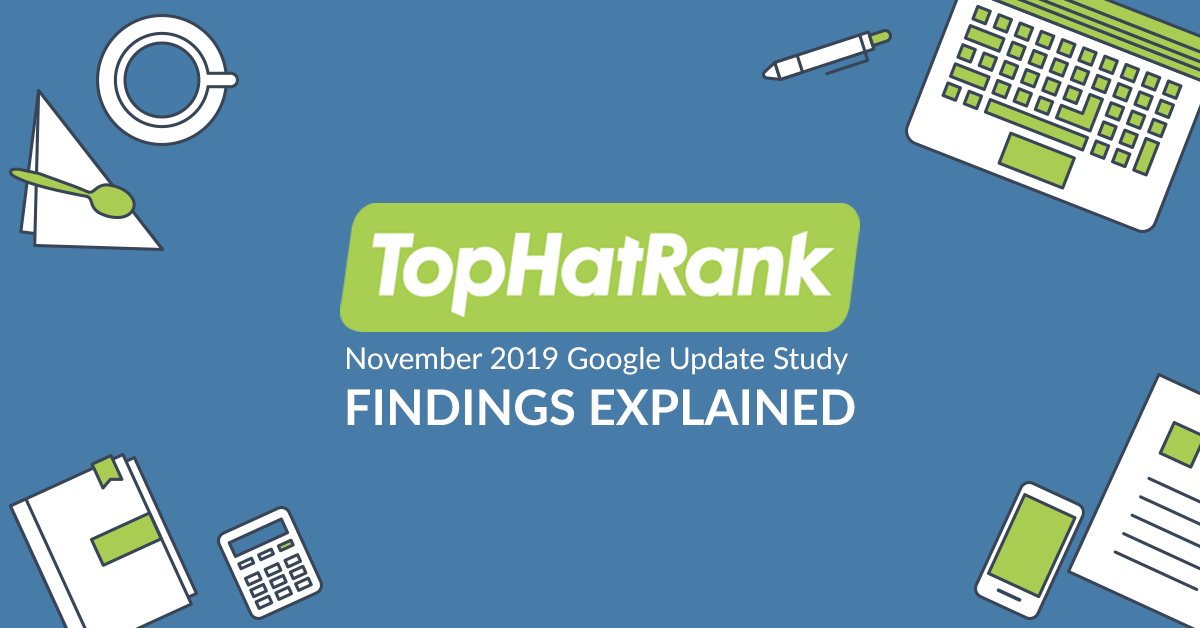Stop Over-Optimizing; It’s Hurting Your Search Rankings

One of the SEO techniques that gets abused by novices is a technique called keyword stuffing. To the human eye, it’s easy to recognize, and search engine crawlers and algorithm updates have also gotten savvier and savvier at recognizing when it’s happening.
How to know you’re over-optimizing
Yet some sites continue to do it.
It looks something like this. Let’s say you want your blog post to rank for the term “cherry pie,” I mean, your recipe is the best out there so your post on it should be number one, right? “I know,” you think, “let’s make sure Google really knows I’m deserving of this ranking by including it as often as I possibly can on my page. That oughta do the trick!”
So you start your post like this:
“Welcome to my blog! Today, I’m sharing my favorite cherry pie recipe. It’s a great recipe for summer or anytime you have to bring a homemade pie to a dinner party (let’s be honest, cherry pie is the best!). The ingredients for this cherry pie recipe are easy and it’s mouthwateringly good. Here’s my cherry pie recipe! Enjoy!”
Now, did you count how many times I dropped the keyword “cherry pie” into that introduction paragraph? Yeah, Google noticed too. And they don’t care for it. It’s inauthentic and doesn’t help the user achieve their goal of trying out the recipe themselves.
The on-page content is just one area where authors can insert keywords. The danger is when you take the opportunity to plant that term everywhere they possibly can: anchor text, headers, the title, part of the URL, image optimization and meta description.
A word to the wise: keyword stuffing will get you nowhere. Stop it.
Need to Optimize Your Blog?
We’ve been providing SEO for publishers for many years, it’s one of our many specialties. Whether you have hundreds of posts of just starting out, let’s take a look at your blog and see how we can get you in front of more readers!
Over-optimization is like overcooked food: nobody likes it
In February of this year, we completed a study of blogs that were affected by the algorithm update released by Google in November of 2019.
Among all of our observations, we found that domains that were the most negatively impacted were suffering from over-optimization of their content. Namely, overloading pages with keywords.
“Overloading your posts with keywords might be perceived as keyword stuffing. While it can increase rankings at first, it doesn’t work in the long run. Further, Google states that over-optimizing your pages with keywords may harm your rankings.” [source]
Listing a term X number of times is not helpful. More importantly, it’s not natural in language. This kind of repetitive use of a particular keyword suggests (to Google) the post is being optimized to be ranked highly by search engines, instead of being geared to be of service to its users.
Not long ago, in 2012, Google dedicated more time to refining its algorithms to better understand this type of over-optimization. Towards the end of the year, they spent much of their time releasing numerous versions of the Panda update. This algorithm update in particular targeted pages and sites with low-quality pages. Namely, ones that had very little on-page content or ones where the content appeared to have an unnatural occurrence of one term in particular.
As you can imagine, they’ve only gotten better from there.
With great (plug-in) power, comes great responsibility
Plugins are powerful.
But here’s the thing about plug-ins like Yost that help you “optimize your post for SEO”: they’re just tools.
It’s only a barometer. The data is directional. Doing everything perfectly to get the green light to flick on does not guarantee high rankings. In many cases, if you follow the recommendations of the tool too closely, you run the risk of over-optimizing the content of your post.
Do you know why chefs use a candy thermometer and an oven to cook a roasted chicken? Because those are both great tools designed to aid the chef in enhancing their cooking. The chef is still responsible for knowing how to use those tools towards the perfect outcome of their dish.
Just be yourself
Always great advice. In terms of writing for an online audience where search engines reward your content, this is known as writing naturally.
The best way to earn rankings in Google (and thereby traffic from users) is to write for people, not bots. Make sure the content you’re putting out there is helpful based on what your reader is looking to accomplish. In most cases, it’s information. They want to learn the best way to do something.
That’s why “put yourself in their shoes,” continues to be the best advice when it comes to blogging for people who search for things using the internet (that’s everyone!). It’s also a search engine optimization best practice that has yet to go out of style.




